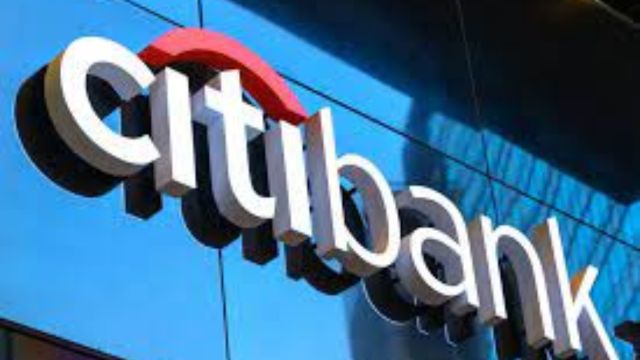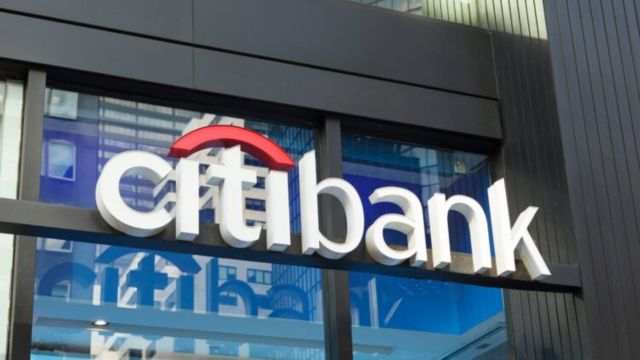The class action lawsuit brought against Citibank this year is nearing a finish, and qualifying claimants can expect to receive between $350 and $850 depending on the severity of their case.
Class action lawsuits allow groups of people, known as “classes,” to take legal action together. These cases, which are typically begun by one or a few persons, allege that a firm or institution has injured a larger number of people who have comparable complaints. When a lawsuit becomes a class action, it applies to all impacted members, not just those who originally filed. Companies frequently choose to settle such disputes, rewarding class members who, by accepting settlements, generally waive their right to pursue future legal action.
Citibank’s settlement details
In this lawsuit, Citibank is accused of hammering customers with unsolicited robocalls regarding past-due credit card amounts over the last decade, in violation of the Telephone Consumer Protection Act of 1991. This Act prohibits companies or debt collectors from calling clients or prospective customers using automatic dialing systems, artificial or prerecorded voice messages, SMS text messages, or fax machines. If Citibank was found to have abused these mediums to contact their customers, they would face a significant fine.
However, as with most class action suits, the bank denied any wrongdoing and stated that they had decided to settle the matter out of court to avoid prolonging the proceedings and a possible further investigation by the Federal Communications Commission (FCC), which is in charge of overseeing the Act’s proper application. To do so, it achieved a settlement of $29.5 million, which will be distributed among the victims.
Of course, not everyone was contacted as frequently, and not everyone had the same disruptions to their daily lives as a result of unsolicited calls, thus the majority of claimants will receive between $350 and $850. Those who can prove they got more than five calls may be eligible for up to $2,500, the maximum amount granted per impacted individual.
To obtain the money, claimants must verify that they received the calls, which can be done by providing phone records, screenshots, or other evidence of receiving the calls, such as recorded messages. All evidence must be gathered and ready for presentation by December 20, the deadline for filing a claim. Although four weeks may seem insufficient, claimants should have adequate time to get whatever records they require from the phone company.

To help narrow down the dates, the impacted individuals will have received calls on a past-due credit card account between August 15, 2014, and July 31, 2024. The majority of these impacted individuals will never have been Citibank customers, while some current and past customers may have been affected and may be eligible for a share of the pie.
Those who wish to lodge a claim can do so online using the URL provided below. Make sure you submit all required information on time. The final approval hearing is set for January 14, 2025.
Those who seek to be excluded from the complaint so that they can file a separate claim in the future must also produce documents explaining this, though it is recommended to consult with a different attorney first to determine whether your claim can be proven in the future. It will be even more important to collect as much information and documents as possible about the harassment.

